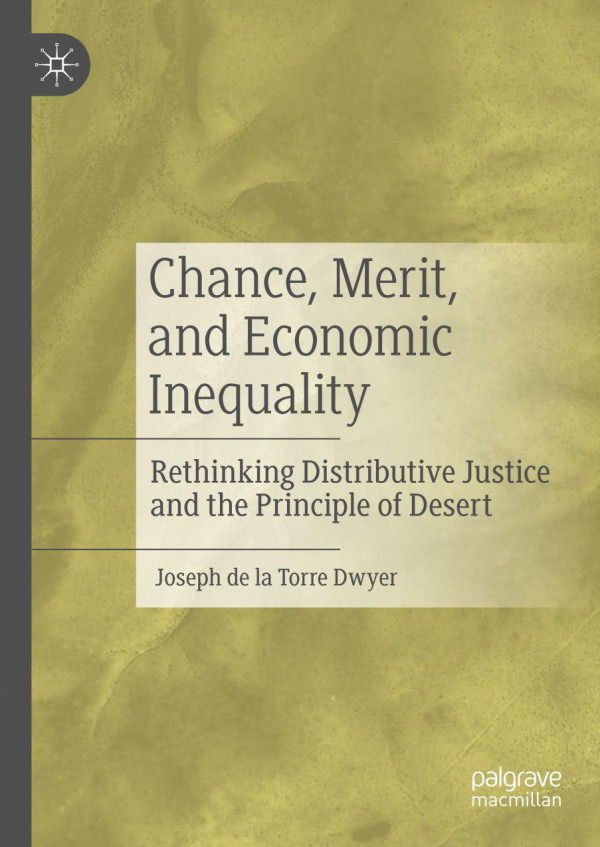

Most ebook files are in PDF format, so you can easily read them using various software such as Foxit Reader or directly on the Google Chrome browser.
Some ebook files are released by publishers in other formats such as .awz, .mobi, .epub, .fb2, etc. You may need to install specific software to read these formats on mobile/PC, such as Calibre.
Please read the tutorial at this link: https://ebookbell.com/faq
We offer FREE conversion to the popular formats you request; however, this may take some time. Therefore, right after payment, please email us, and we will try to provide the service as quickly as possible.
For some exceptional file formats or broken links (if any), please refrain from opening any disputes. Instead, email us first, and we will try to assist within a maximum of 6 hours.
EbookBell Team

5.0
70 reviewsThis book develops a novel approach to distributive justice by building a theory based on a concept of desert. As a work of applied political theory, it presents a simple but powerful theoretical argument and a detailed proposal to eliminate unmerited inequality, poverty, and economic immobility, speaking to the underlying moral principles of both progressives who already support egalitarian measures and also conservatives who have previously rejected egalitarianism on the grounds of individual freedom, personal responsibility, hard work, or economic efficiency. By using an agnostic, flexible, data-driven approach to isolate luck and ultimately measure desert, this proposal makes equal opportunity initiatives both more accurate and effective as it adapts to a changing economy. It grants to each individual the freedom to genuinely choose their place in the distribution. It provides two policy variations that are perfectly economically efficient, and two others that are conditionally so. It straightforwardly aligns outcomes with widely shared, fundamental moral intuitions. Lastly, it demonstrates much of the above by modeling four policy variations using 40 years of survey data from the Panel Study of Income Dynamics.